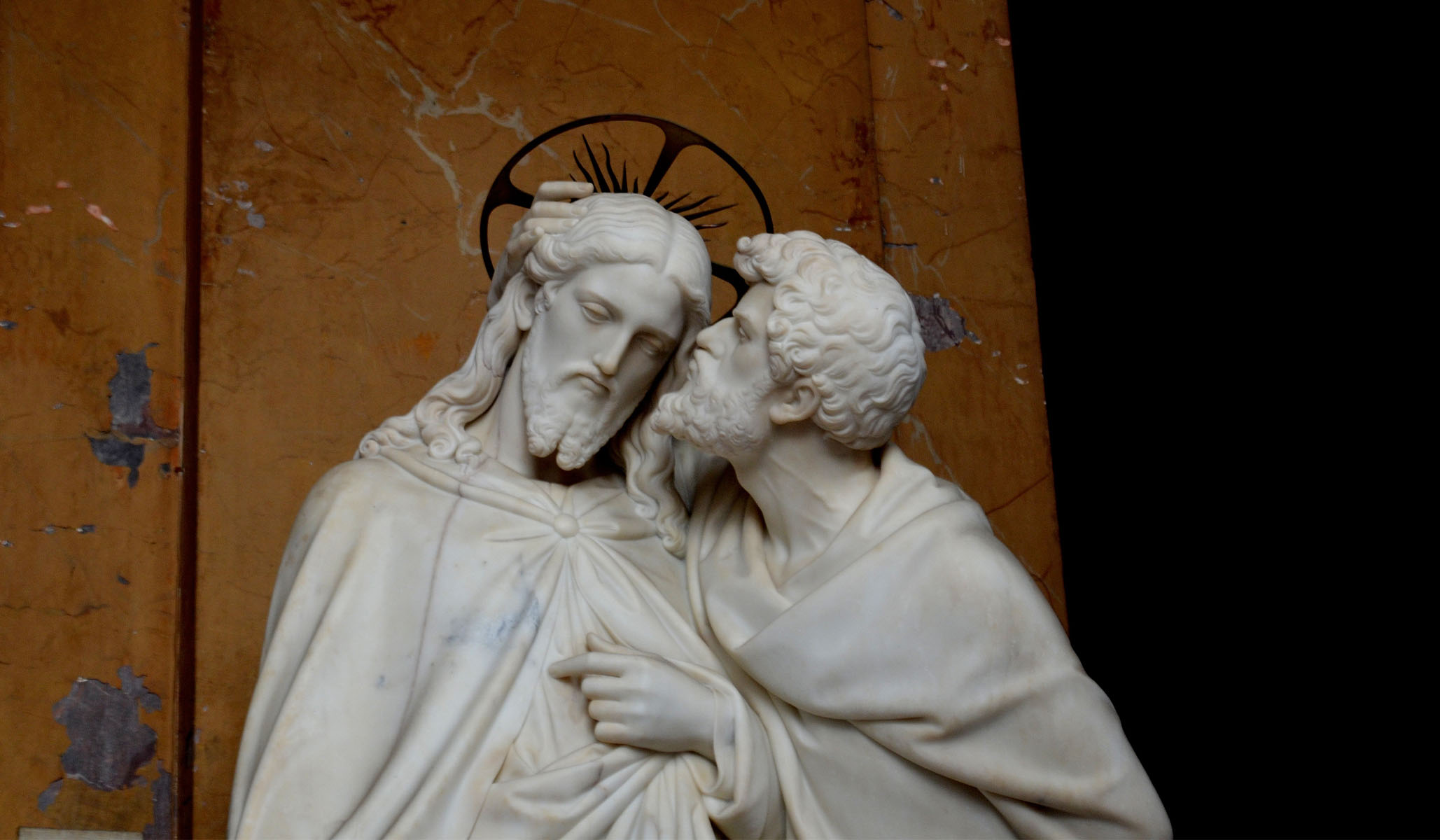


Timothy Nerozzi has a beautifully written essay over at the Lamp. Therein, he grapples with accepting the damnation of Judas Iscariot — a man of self-destruction whose story elicits pity far more than scorn.
Nerozzi writes:
As I lie awake at night—struggling to clear my mind and talk to God—at times Judas Iscariot will appear. He is a walking horror, a total embodiment of every sin and offense to God.
And yet when his pale, sickly visage enters my mind, it is not hate that I feel for him or scorn or fear. I feel a sorrow fall over my heart as my eyes water and my heart begins to beat louder in my chest. I find myself contemplating Judas Iscariot with the utmost misery. I am filled with a naive, perhaps misguided sense of pity.
I ask myself whether these feelings could be dangerous. Was this not the man who betrayed my Savior? Did not Christ himself declare it would have been better for him that he had never been born at all? Who has any business feeling sorry for such a man?
. . .
But I cannot bring myself to spit on and kick the man who cried out and tried so desperately to return his silver. He is out there somewhere beyond my view. Had he been able to foresee it, the fate from which he is likely suffering is one that would have made his loneliness in the field blood seem enviable by comparison.
You can read the whole piece here.
What I most appreciate about Nerozzi’s piece is its honesty. Reading through the Gospels, the men I most associate with are the fools and the feckless. When Peter denies Christ, Thomas doubts Christ, and Judas betrays Christ, there’s a part of me that whispers, “I know that guy. He’s me.”
C. S. Lewis, at the close of his final Narnia novel The Last Battle, has a scene in which the old world is come to an end and the creatures pass by Aslan’s (Christ’s) door leading to the new world. Those who recognize Aslan rush to him and pass through, while those too cowardly or proud disappear into the darkness, stage right. We are led to understand that Aslan’s grace is sufficient for all — there is no quota or head count — but there comes that fateful moment when one must choose destruction or bow one’s head and submit to that grace.
We are right to abhor Judas and his actions, but part of our aversion comes from the recognition that he wasn’t a devil or demon — he was just another man. “There but for the grace of God go I,” the soul murmurs.
